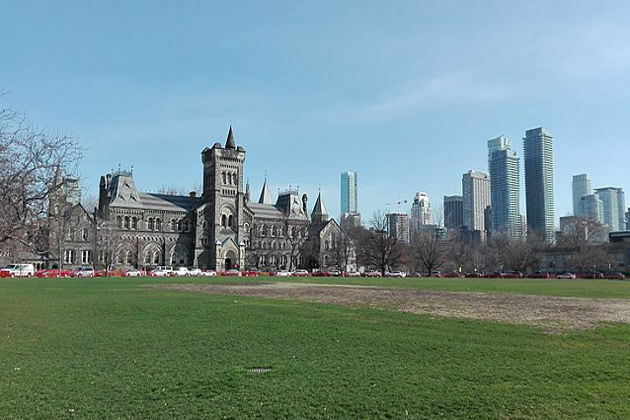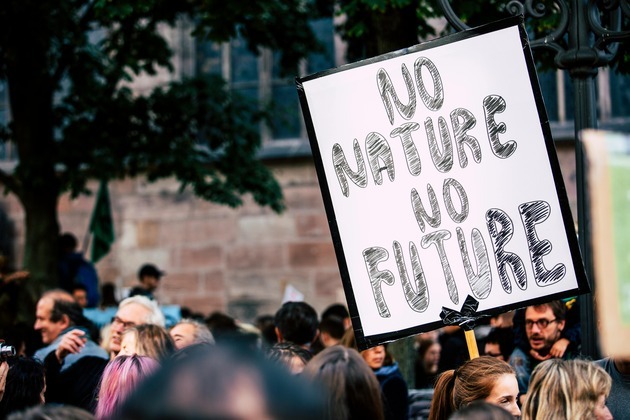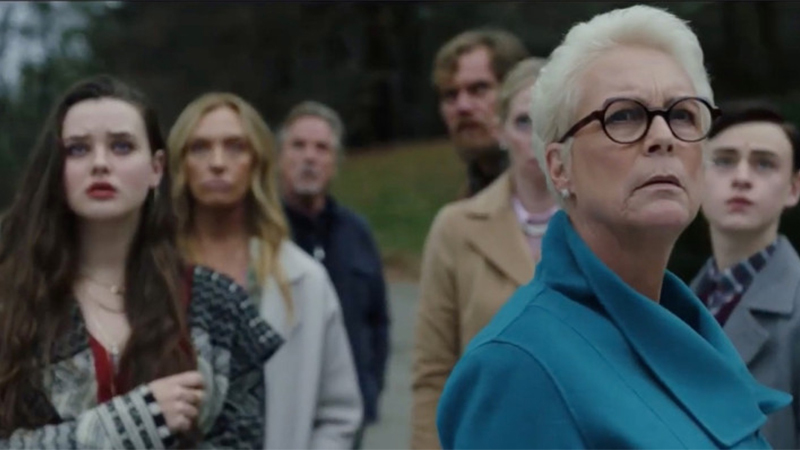Jury finds 3 Georgia men guilty of Ahmaud Arbery murder: 3 essential reads
The Conversation
25 Nov 2021, 02:09 GMT+10

It took jurors around 11 hours of deliberations to arrive at guilty verdicts in the trial of three men accused in the killing of Ahmaud Arbery.
Shortly after 1:30 p.m. on Nov. 24, 2021, before a courtroom that included members of Arbery's family, all the three defendants - Greg McMichael, Travis McMichael and William Bryan - were found guilty of counts including murder. They each now face a maximum sentence of life in prison.
Arbery, a 25-year-old Black man, was killed on Feb. 23, 2020, after being pursued through the predominantly white suburban neighborhood of Satilla Shores, near Brunswick in Georgia.
For many, the manner of his death raised questions over the role race played in the killing, evoking a U.S. in which gangs of white men killed Black men and boys with impunity. But race played a backseat role in the trial, only being brought up in the prosecutor's closing argument. Instead, the near all-white jury - 11 of the 12 jurors were white - were invited to focus more on whether the defendants were justified in trying to apprehend Arbery as he jogged down the road.
The Conversation's authors have explored how race and law intertwine in the following stories related to Arbery's murder.
1. The use and abuse of citizen's arrest
In the course of a two-week trial, jurors heard evidence from more than two dozen witnesses. At the heart of the defense was a claim that the three men accused were protected by the state's citizen's arrest law.
Superior Court Judge Timothy Walmsley made a point of explaining the law in his final instructions before the jury retired to consider its verdict. He told them citizen's arrests can be made only if a crime has taken place in the presence of the person making the arrest, "or within his immediate knowledge."
The verdict in the case suggests jurors sided with the prosecution's view that the citizen's arrest defense did not hold water.
Following the death of Arbery, Georgia weakened its 150-year-old citizen's arrest law. But as Seth Stoughton, professor of law at University of South Carolina, explains, many states retain similar legislation. In fact, citizen's arrest laws have been around for centuries - but they have often been open to abuse. Such laws can be "badly misused by those who believe their higher social status gives them authority over someone they perceive as having lower status."
"Frequently, this falls along racial lines," Stoughton adds.
2. Criminalizing Black joggers
Lawyers for the three defendants claimed in the trial that the accused men were within their right to conduct a citizen's arrest because they believed Arbery had committed a burglary despite there being no evidence to suggest that the 25-year-old had stolen anything.
Sociologist Rashawn Ray focused on the setting and circumstances surrounding the shooting - that the victim was a Black man jogging in a white suburban neighborhood.
In Ray's study of race and physical exercise, he found that Black men living in white neighborhoods were far less likely to go for a run in the areas surrounding their home than were white men, white women and Black women. The reason? "Black men are often criminalized in public spaces - that means they are perceived as potential threats and predators," Ray writes.
Black joggers interviewed as part of Ray's research reported having the police called on them, seeing neighbors cross the street as they approached and shutting screen doors as they passed.
"For Black men, this means that negative perceptions about their propensity to commit crime, emotional stability, aggressiveness and strength can be used as justification for others to enact physical force upon them," Ray concludes.
Read more: The killing of Ahmaud Arbery highlights the danger of jogging while Black
3. Cellphone footage: Evidence or exploitation?
During the trial, jurors were shown the graphic footage depicting the last moments of Arbery's life. For some, it may not have been the first time they were seeing the grainy images.
Such videos have emerged in several recent deaths of Black men at the hands of police officers - or, in Arbery's case, citizens.
To Allissa Richardson at USC Annenberg School for Communication and Journalism, the images that circulate are the modern-day equivalent of the grotesque photographs that accompanied the lynchings of the Jim Crow era.
Just as these images from the past serve a purpose today - to educate America about race relations in the U.S. - so too can the video images shot on bystanders' cellphones. For example, they can be used as evidence in court.
But Richardson cautions that casual viewing of Black people dying online and on TV can become exploitative.
"Likening the fatal footage of Ahmaud Arbery and George Floyd to lynching photographs invites us to treat them more thoughtfully. We can respect these images. We can handle them with care. In the quiet, final frames, we can share their last moments with them, if we choose to. We do not let them die alone."
Read more: Why cellphone videos of Black people's deaths should be considered sacred, like lynching photographs
[Get The Conversation's most important politics headlines, in our Politics Weekly newsletter.]
Authors: Matt Williams - Breaking News Editor | Allissa V. Richardson - Assistant Professor of Journalism, USC Annenberg School for Communication and Journalism | Rashawn Ray - Professor of Sociology, University of Maryland | Seth W. Stoughton - Associate Professor of Law, University of South Carolina 
 Share
Share
 Tweet
Tweet
 Share
Share
 Flip
Flip
 Email
Email
Watch latest videos
Subscribe and Follow
Get a daily dose of Maryland Leader news through our daily email, its complimentary and keeps you fully up to date with world and business news as well.
News RELEASES
Publish news of your business, community or sports group, personnel appointments, major event and more by submitting a news release to Maryland Leader.
More InformationInternational
SectionFox faces $787 million lawsuit from Newsom over Trump phone call
DOVER, Delaware: California Governor Gavin Newsom has taken legal aim at Fox News, accusing the network of deliberately distorting...
DeepSeek faces app store ban in Germany over data transfer fears
FRANKFURT, Germany: Germany has become the latest country to challenge Chinese AI firm DeepSeek over its data practices, as pressure...
Canadian option offered to Harvard graduates facing US visa issues
TORONTO, Canada: Harvard University and the University of Toronto have created a backup plan to ensure Harvard graduate students continue...
Israel should act fast on new peace deals, Netanyahu says
JERUSALEM, Israel: Israeli Prime Minister Benjamin Netanyahu says that Israel's success in the war with Iran could open the door to...
UN offer rejected in Dreamliner crash investigation
NEW DELHI, India: India has decided not to allow a United Nations (UN) investigator to join the investigation into the recent Air India...
UN climate agency gets 10 percent boost amid global budget cuts
BONN, Germany: Despite widespread belt-tightening across the United Nations, nearly 200 countries agreed this week to increase the...
Business
SectionWall Street extends rally, Standard and Poor's 500 hits new high
NEW YORK, New York - U.S. stock markets closed firmly in positive territory to start the week Monday, with the S&P 500 and Dow Jones...
Canadian tax on US tech giants dropped after Trump fury
WASHINGTON, D.C.: On Friday, President Donald Trump announced that he was halting trade discussions with Canada due to its decision...
Trump-backed crypto project gets $100 million boost from UAE fund
LONDON, U.K.: A little-known investment fund based in the United Arab Emirates has emerged as the most prominent public backer of U.S....
DIY weight-loss drug trend surges amid high prices, low access
SAN FRANCISCO, California: Across the U.S., a growing number of people are taking obesity treatment into their own hands — literally....
Apple allows outside payment links under EU pressure
SAN FRANCISCO, California: Under pressure from European regulators, Apple has revamped its App Store policies in the EU, introducing...
Euro, pound surge as U.S. rate cut odds grow after Powell hint
NEW YORK CITY, New York: The U.S. dollar tumbled this week, hitting its lowest levels since 2021 against the euro, British pound, and...













